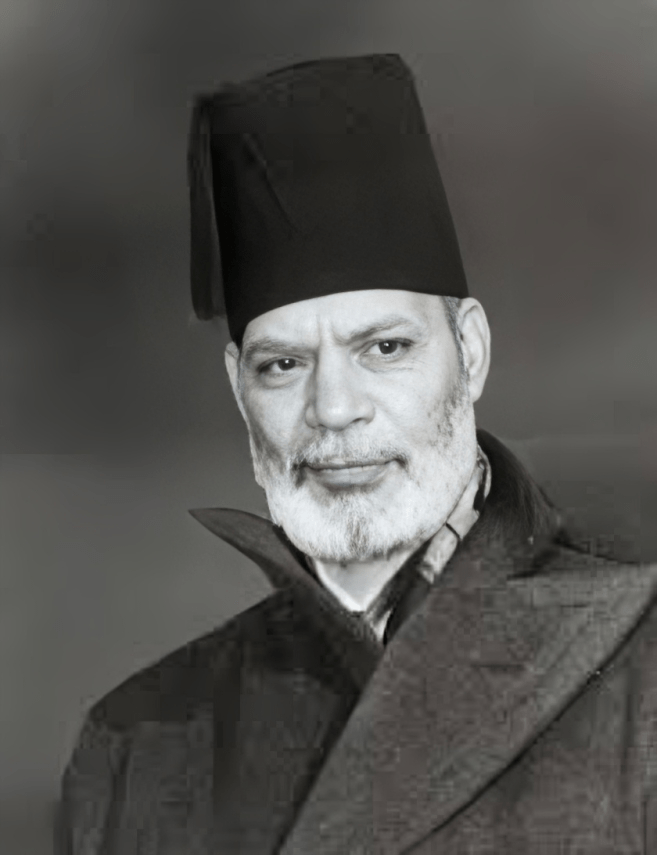Sir Zafarullah Khan was born on 6th February 1893 in Sialkot and acquired his early education at the American Missionary School Sialkot. He did his graduation from Government College Lahore and went to England in 1911. There he studied at the King’s College and did his Bar-at-Law from Lincoln’s Inn. He came back in 1914 and migrated to Lahore where he started his practice as a lawyer. During 1919-1924, Sir Zafarullah also served as lecturer in the Law College Lahore.
Sir Zafarullah had served at high positions even before he joined All India Muslim League. He was appointed as the member of the Viceroy Executive Council and held the portfolios of Commerce and Railway, Industries and Labor, Law and War Supply. In 1926 he was elected as the member of Punjab Legislative Council. In 1931 he presided meeting of the Muslim League held at Delhi, and also participated in the Round Table Conferences of 1930-32. In 1939 he was appointed to represent India in the League of Nations and also served as the judge of Federal Court of India from 1941-1947. Zafarullah represented India as the Indian Government’s nominee in the Commonwealth Relations Conference, where he courageously spoke for the freedom of the Subcontinent in 1945. On the request of Quaid-i-Azam, Zafarullah represented the Muslim League in July 1947 before the Radcliff Boundary Commission and pleaded the case of the Muslims in a highly commendable manner.
After the partition Sir Zafarullah became the Minister for Foreign Affairs and Commonwealth Relations of Pakistan and remained in that position till 1954. He represented Pakistan at the Security Council UNO and fairly advocated the cases of liberation of Kashmir, Libya, North Ireland, Eritrea, Somalia, Sudan, Tunisia, Morocco and Indonesia, Malaya, Nigeria and Algeria. Zafarullah proficiently concentrated his focus upon freedom, strength, prosperity and unity of the Muslim world. So first of all he sent a mission of goodwill to the countries of the Middle East. No doubt he was an eloquent and brilliant exponent of Pakistan’s stand on Kashmir. Treaties of friendship were signed with various countries and cultural exchanges were arranged during his ministry. In 1949 the International Islamic Economic Conference representing 18 Muslim countries that was held in Karachi unanimously agreed to form “International Federation of Islamic Chambers of Commerce and Industry” but unfortunately the resolution could not be implemented. He also attended the CENTO Conference held in Manila in September 1954. The same year he was elected as the member of International Court of Justice and served in this capacity till 1961. He became the President of UN General Assembly from 1962-1963.
In 1970 he was elected as the President of International Court of Justice and held the post till 1973. When retired from that that unique and outstanding post, he went to England and stayed there for ten years. He came back to Pakistan in 1983 and remained in Lahore. He died on 1st September 1985 after a protracted illness.
This article was last updated on Friday, Jan 04, 2008






